Aged care: Funds fail forcing more elderly residents into nursing homes during pandemic
An urgent improvement in the ability of elderly Australians to live out their days at home will be needed in the wake of the pandemic, the Royal Commission into Aged Care has heard.

NSW
Don't miss out on the headlines from NSW. Followed categories will be added to My News.
A casual workforce that relies on subcontractors is one of the key hurdles facing Australia’s aged care industry in providing quality at-home care for elderly citizens.
An overwhelming majority of elderly Australians want to receive aged care in their own home for as long as possible, but the mechanisms are not in place to ensure quality home care is provided, the Royal Commission into Aged Care heard on Monday.
Uniting Care head of home and community care operations Jaclyn Attridge said its important incentives are put in place to make home care an attractive place to work.
“We need to make homecare and aged care more generally an attractive place to work so that we can attract and retain the types of people and the quality of the workforce we need,” she told the Commission.
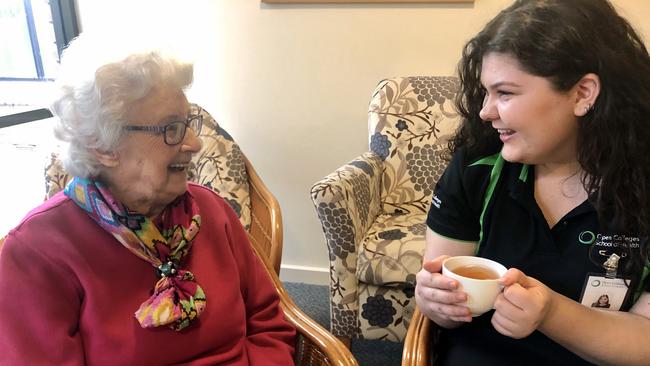
MORE NEWS
Hidden health crisis killing 2000 Australians every year
Australia falling behind developed countries in aged care
Revealed: Most in-demand jobs in regional NSW
Ms Attridge said providing quality care was far easier when the workers were employed directly by the company and not through sub-contractors, as is common practice in the industry.
“Quality of care is far simpler when you are employing the staff directly… they are aware of your policy and training programs,” she said.
But Community Option ACT chief executive Brian Corley said that while casual staff were a concern, the complete removal of subcontracted staff would make it hard for providers to be flexible.
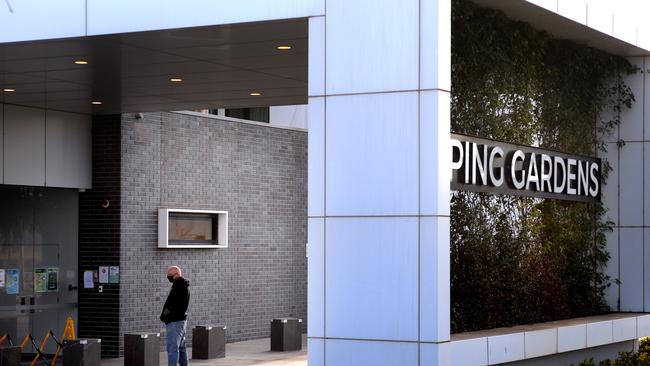
“I certainly wouldn’t argue that subcontracting across the whole system should be widespread, but it allows a level of flexibility,” he said.
“Some of our providers that we use know we will just ring up and say never send that worker to that patient’s house ever again. And then it is not a HR issue for us.
“I think there are huge issues generally with the casualisation of the workforce, but I would argue there needs to be some flexibility and some capacity for different approaches to work in any dynamic system.”
Senior counsel assisting the commission Peter Gray called on the government to put in more “urgent efforts” to improve the provision of home care in Australia.
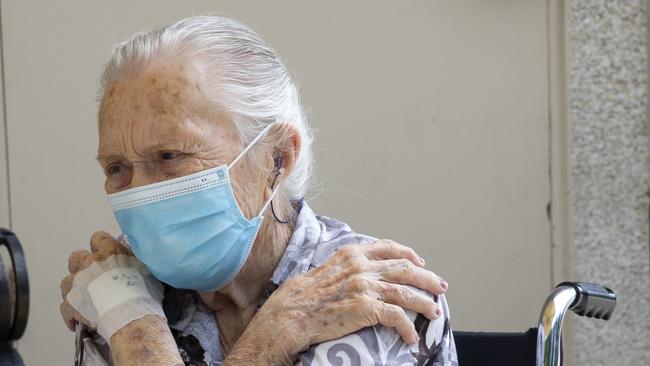
“In most other developed countries there is proportionally far greater take up of community and home care in comparison to residential aged care,” Mr Gray said.
“Our system is distorted towards institutional care and away from community and home care.
There should be far more urgent efforts to prioritise home care over residential care.
“The current COVID-19 pandemic is likely to reinforce people’s general preference of ageing in their homes and doing all that they can to avoid admission into a residential aged care facility.”
Research called on by the Royal Commission and conducted by Roy Morgan found 80 per cent of Australians needing support and 62 per cent of Australians needing care want to live in their current house.
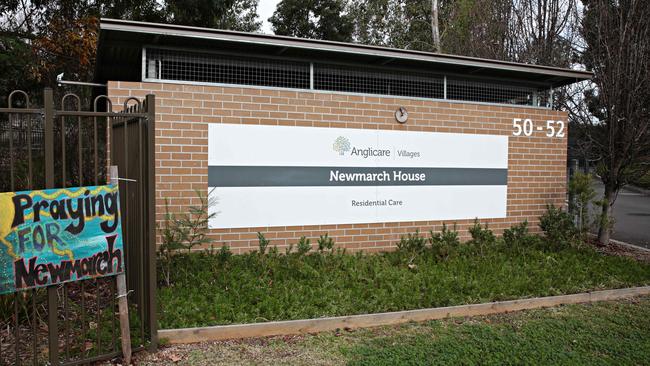
Mr Gray told the inquiry that boosting home care capabilities was also more economical for the government with home care packages costing the federal government $71 per day per patient while residential care cost $191 per day per patient.
“The current delays and failures to provide assessed care are not only inhumane, but have obvious and serious systemic consequences that are damaging to the aged care system, the healthcare system and the government’s budget,” he said.
Meanwhile, the commission also heard that the supposed “cop” on the aged care beat stopped unannounced visits to nursing homes to check safety standards during the peak of the coronavirus pandemic.
Aged Care Minister Richard Colbeck made the stunning revelation on Monday when asked why only 235 unannounced visits were made to homes nationally by the Aged Care Quality and Safety Commission since March 14.
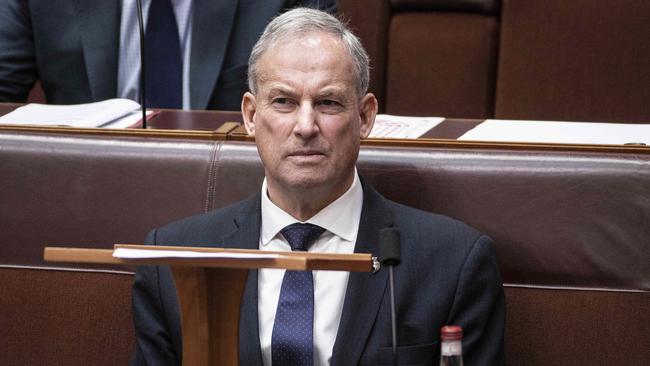
Mr Colbeck said there had been a “cessation” of visits all together “based on medical advice”.
“So there was a period where unannounced visits were ceased,” he said.
Previously the regulator and the government have not disclosed the visits stopped.
Mr Colbeck said unannounced visits have now begun again, but not in Victoria where the risk remained high so only visits with 48-hours notice were conducted.
He defended the move by claiming the Commission conducted safety checks in other ways.
“The Quality and Safety Commission has a number of mechanisms to investigate and to check on residential aged care facilities,” he said. “It’s not a one-touch regulator.”
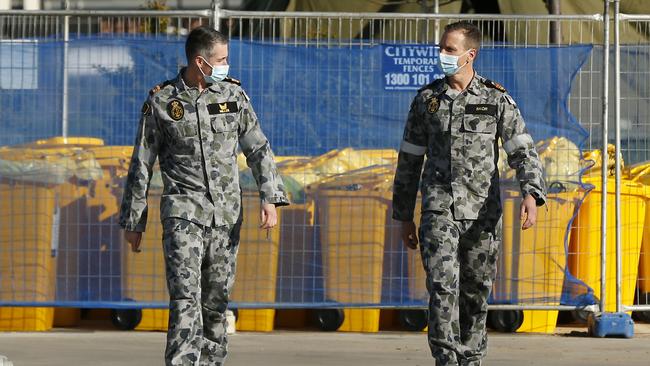
He said specific checks on infection control and PPE conducted by Australian Defence Force personnel and other staff had started “three or four weeks” ago.
“Our Defence Force teams (are) undertaking test visits to providers, particularly those that don’t have COVID-19 outbreaks, to test on site the COVID-19 infection control preparedness,” he said.
“And those have been going for about three or four weeks now.
“To ensure their infection control plans are up to speed and their staff are in a situation where
they properly understand the processes.”
Originally published as Aged care: Funds fail forcing more elderly residents into nursing homes during pandemic


